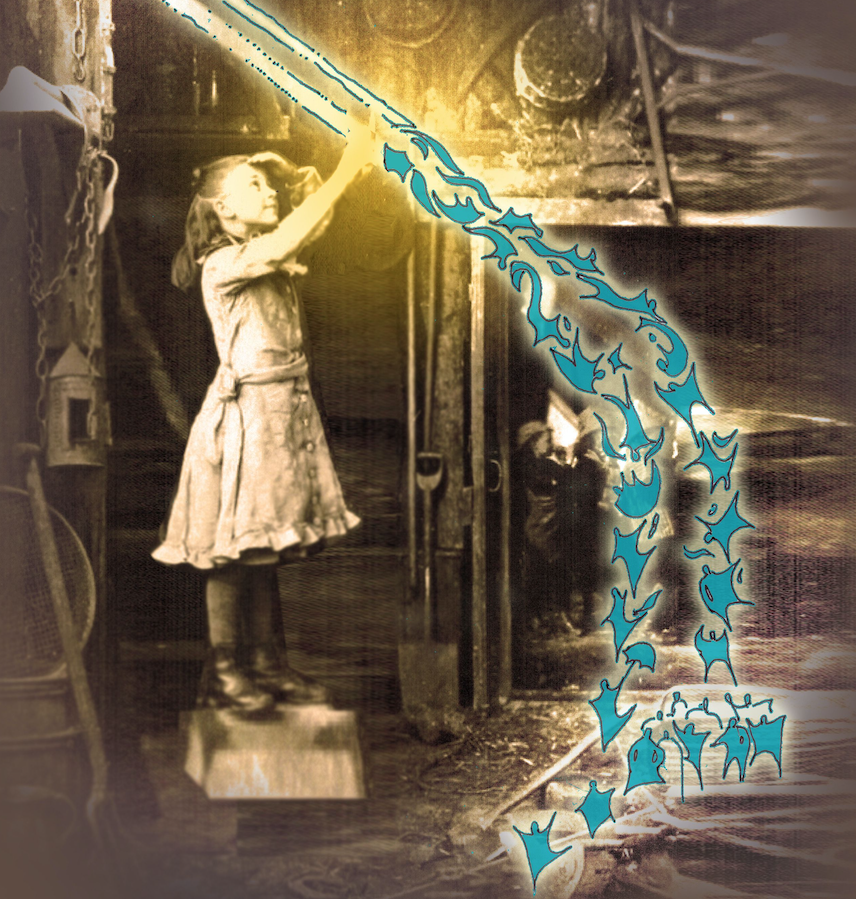We at the University of Edinburgh, like everyone everywhere else, have been scrambling to pull everything online as best as possible this week. I have worked closely with the Learning, Teaching and the Web team to offer as much training as possible in that time and all told we were able to reach more than 600 over the course of four days with more or less eight hours of training a day for any and all who wanted it. More to come next week as well.
We settled on a structure (all drawn out and developed on Monday) that seemed to work fairly well. Individual training on the core tools we are supporting right now: Learn, Collaborate, and Mediahopper and another remote teaching drop-in session with Stuart Nicol, Jon Jack, and myself where faculty or anyone really could ask questions, brainstorm a bit with us, and just generally be heard. We put together resources to support it all.
We emphasized continuity, contact, and care (the slides below develop this a wee bit). Not time for much nuance in these nor did we want to add to the levels of anxiety that many would feel going online.
Overall, the tireless very very proactive work of this team and the opportunity to collaborate with them is something I am particularly proud of. It needed to be done so they dropped everything and did it (even as we ourselves were transitioning to working from home). Truly rose to the occasion and will continue to do so as we weather this storm.
Home
By no means am I diminishing the severity of what has happened over the last few months globally, but my wife and I have been talking a bit about our response to this crisis. We have concluded that the time we lived in Korea helped a wee bit to temper our response today. There was avian flu, SARS, and MERS in somewhat short order. There was the largely existential threat of North Korea nuclear attack (which felt very very real on certain days). In short, there was the relatively consistent puncture of stability, that relatively consistent removal of the veneer of safety.
Yet I took great comfort in being around Koreans who just got on with it. Who banded together and worked it through. Who found some normalcy in all the chaos. Just as they have in this latest crisis. Just as we are and will continue to do here in Scotland. I have seen it across the communities I engage with online, I have seen it in my own institution, I have seen it in my students many of whom are separated from loved ones. It demonstrates to me a certainty: I am not sure when, but we will get there. This will pass.
So I share some bits from all of that and from other times. First, my wife and I isolating as you do. In the sun. With wine. In our first garden ever in our adult lives.
And certainly with music.
And certainly listening to sounds I have recorded over the years which remind me of the calm of days that have passed and the wonder of ones to come. Like this one from Seoul many years ago:
And this one of church bells from London:
and this of children playing and flying kites in Gyeongju:
and the hundred other ones I have recorded here. These all remind me that we will see these days again, and I will hear these sounds again. Until then, hang in there.
